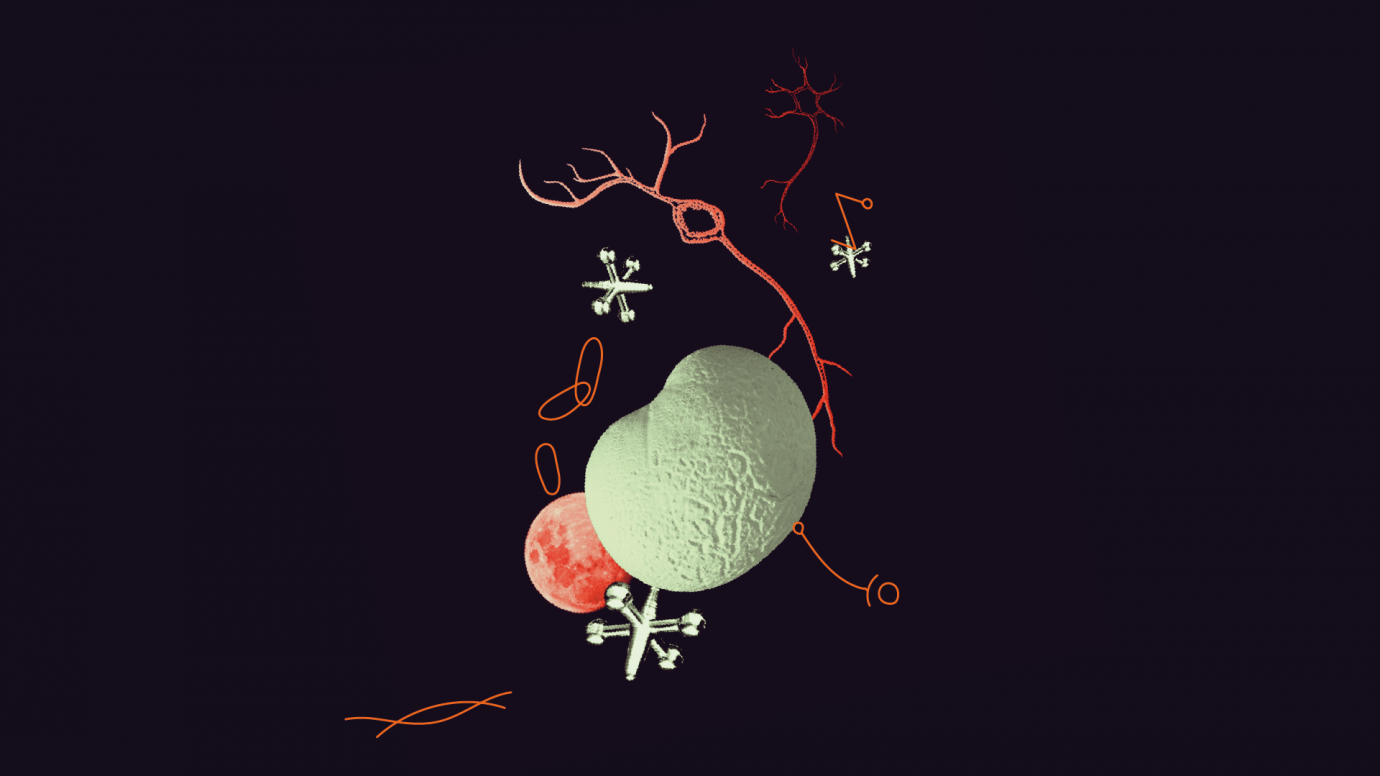MSCA opens €434.8 million call for Doctoral Networks
Doctoral Networks implement doctoral programmes to train highly skilled doctoral candidates and boost their employability. The deadline to apply is 28 November 2023.

The 2023 call for the Marie Skłodowska-Curie Actions Doctoral Networks is open as of today.
This call will dedicate € 434.8 million to fund over 130 projects in all scientific fields and the training and skills development of 1600 doctoral candidates.
The deadline to apply is 28 November 2023.
MSCA Doctoral Networks implement doctoral programmes through consortia of organisations from different sectors across Europe and beyond, including
- higher education institutions
- research institutions and infrastructures
- private sector organisations, including industry, businesses and small and medium-sized enterprises
- public sector organisations, including national, regional, and local governments, agencies and museums
- other socio-economic actors
Benefits for researchers and institutions
Selected networks expose researchers to the academic and non-academic sectors. They offer them research training, as well as transferable skills and competences relevant for innovation and their long-term employability.
Participating institutions receive funding to develop excellent doctoral programmes, which allow them to attract talent, boost their global visibility and foster cooperation with other sectors and countries.
Funding for excellent programmes in all domains
The MSCA and Doctoral Networks focus on excellence in various aspects, beyond the individual fellows supported or the collaborations fostered and knowledge transferred.
The quality and novelty of the research and innovation methodologies applied, the research conducted as well as the training, supervision and career guidance provided to researchers are crucial aspects of MSCA doctoral networks and key award criteria.
The MSCA are open to all domains of research and innovation, chosen freely by the applicants, and have a strong focus in interdisciplinary, international and intersectoral cooperation.
Doctoral Networks support programmes addressing this “triple dimension” spanning all research fields and provide specific incentives to promote cooperation between academic and non-academic sectors.
Three types of networks
Doctoral Networks offer three funding modalities to set up doctoral programmes, with specific incentives for Industrial and Joint Doctoral Networks.
Standard Doctoral Networks promote international, interdisciplinary and inter-sectoral cooperation to train PhD candidates in various scientific areas, with a focus on promoting entrepreneurial mind-sets, research-related and transferable skills and long-term career prospects within and outside academia.
Industrial Doctoral Networks train PhD candidates and develop their skills outside academia, including in industry and business. Doctoral candidates also benefit from joint industry-academia supervision. These programmes foster the close cooperation between the academic and non-academic worlds and are ideal catalysts for technology transfer and for nurturing innovation.
Joint Doctoral Networks train PhD candidates through integrated programmes leading to joint or multiple doctoral degrees. These programmes promote structuring collaboration among institutions and are required to establish joint operational procedures for recruitment, admission, supervision and evaluation of doctoral candidates.
Indicative timeline
- 30 May 2023: launch of the call for proposals
- 28 November 2023: deadline to submit proposals
- April 2024: notification of call results to applicants (TBC)
- July 2024: grant agreement signature for successful projects (TBC)
- Summer 2024: first EU-funded projects start (TBC)
Last updated:

